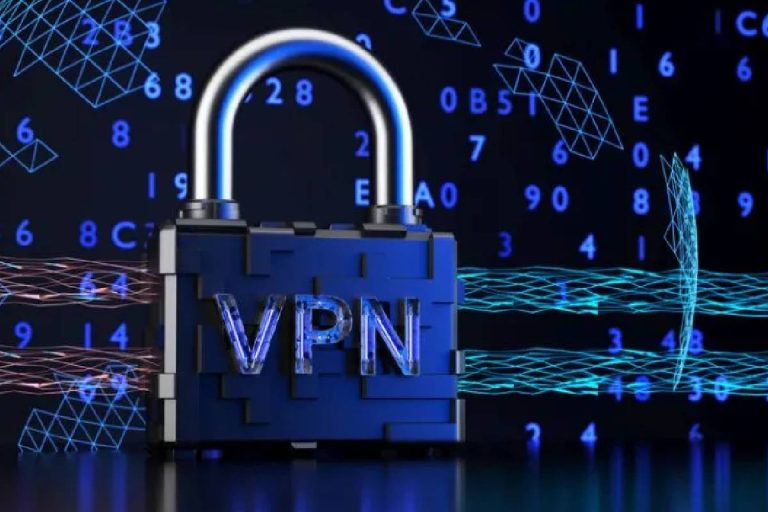How to Easily Get a VPN for Privacy and Security
A VPN encrypts your data and sends it through one of its private servers, concealing your identity and location from unwanted trackers. They also allow you to bypass regionally-restricted apps and content.
A good VPN will use military-grade encryption with a 256-bit key, which is nearly impossible to crack. They should also have a strict no-logs policy, meaning they will not share your information even if a government agency compels them.
Table of Contents
Choosing a VPN
How do I get a VPN? If you’re interested in protecting your privacy online, you need to choose a VPN. VPNs ensure your data is encrypted and protected from unwanted parties such as hackers, spying ISPs, and oppressive governments. Different services have different features, so choosing the right one for your needs is crucial.
Before shopping for a VPN, take stock of your specific needs. Consider whether you need extra security on public Wi-Fi or increased e-commerce security, for example. You’ll want a service that can meet these needs with the required features, such as secure data encryption and fast connection speeds.
The encryption level your VPN uses is critical, and it’s important to remember that a high-quality VPN may offer a different speed than an inferior one. Look for services that use strong data and handshake encryption and protocols, widely regarded as industry standards.
The number of servers available and their locations are also important factors to consider. Ideally, you’ll want to find a service that offers plenty of options in both countries and globally. Additionally, it’s helpful to find a service that can automatically connect to the fastest available server when you open the app, so you don’t have to turn it on and off manually.
Encryption
A VPN will encrypt your data, making it nearly impossible for hackers to access your web browsing and other online activity. This is especially important if you use public Wi-Fi networks like those in coffee shops or airports. It only takes one hacker on that network to spy on your web traffic and steal your personal information. VPNs are your best defense against these risks.
Ensure your VPN uses the strongest encryption technology available. Look for a service offering RSA-2048, the gold internet security standard. Choosing a VPN that offers two- or multi-factor authentication is also helpful, as this will block unauthorized users from gaining access to your account even if they know your password.
A VPN will also protect you from targeted advertising, which will mask your real IP address. This is important because your ISP can legally sell your data to marketers and other organizations. Many VPNs have features that further increase your privacy, such as split tunneling, which enables you to use a VPN when you’re on public Wi-Fi but switch back to your regular internet connection when accessing private networks or websites. This feature is particularly useful for mobile banking or e-commerce.
Locations
While VPN servers are located all over the world, the best locations for a VPN vary greatly depending on the specific needs of users. If you plan on using a VPN to stream Netflix titles exclusive to a certain country or to jump web restrictions in places like China, you’ll want to look for a server in a location that offers those features.
Other users, however, might only be interested in a VPN that protects their privacy while browsing the Internet. In this case, a server in a country with strong privacy laws and robust Internet infrastructure is the best choice.
Another factor determining a VPN’s performance is how close a server is to your physical location. This is important because it can reduce latency and increase your connection speed.
Some VPNs also offer “fake” or virtual locations, which allow them to reroute your Internet connection to a different physical location without changing the destination IP address of your web browser. While PIA doesn’t think fake locations are necessarily less secure than real ones, it worries that they might need to be clarified for users, especially if VPN providers don’t label them as such. The company also fears that fake locations could create operational security challenges, as a user might connect to a server thinking it will be subject to one set of local laws and instead be rerouted to another country without their knowledge.
Pricing
Whether you want to keep safe while working on public Wi-Fi, buy online from your favorite stores with better prices, or access content only available in another country, a VPN is a great option. Its features include threat protection that encrypts your data and blocks malware from getting onto your device, dark web monitoring that alerts you when your credentials have been leaked in a data breach and split tunneling, which lets you choose which traffic is routed through the VPN and which runs through your regular internet connection.
Many VPNs offer free trials of their paid versions for about a month, so you can try them out before investing in a subscription. The free versions are limited in the data they allow you to use, but they’re still a good way to see if a VPN is right for you. Read the fine print on the offer; most VPNs require a credit card number and other personal information for the trial period.
Once you’ve chosen a provider, look for one with an audited no-logs policy and strong encryption algorithms. Some VPNs also feature additional security features, like a tracker blocker that prevents third parties from tracking your activity as you browse and an ad blocker for faster load times and less distracting ads.


